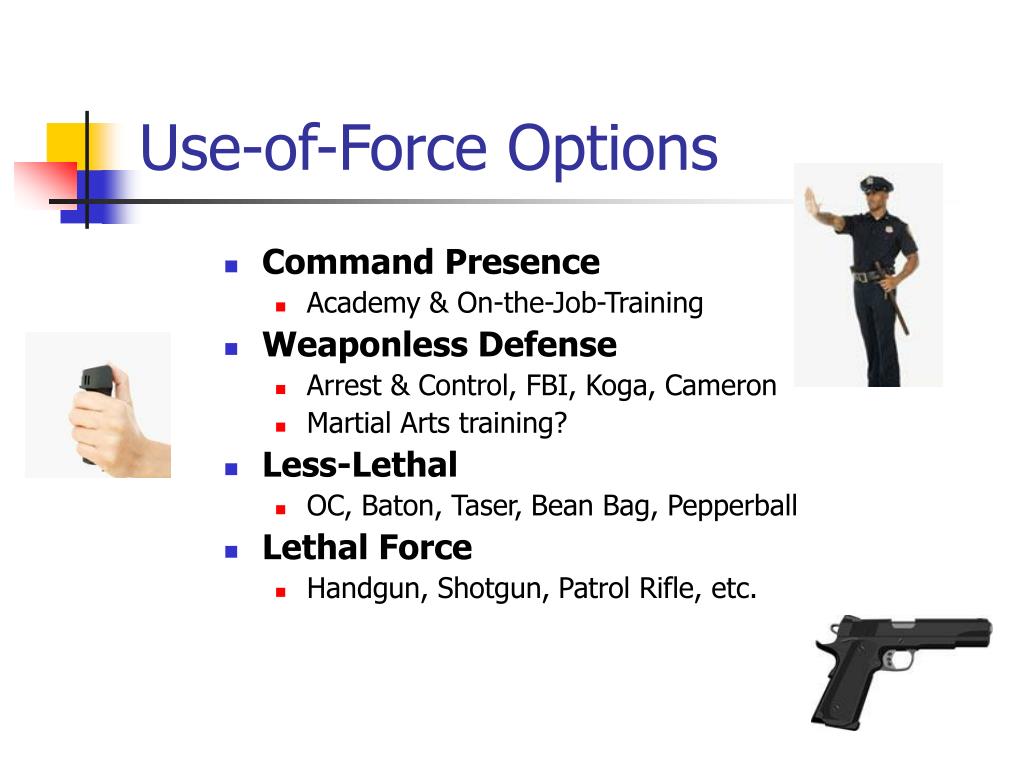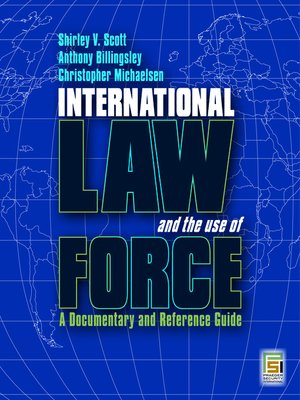
Israel/Occupied Palestinian Territory, Occupation and Natural Resources Khalid Shaikh Mohammad et al.Īfrica, The AfCHPR on the interplay between human rights and IHL United States of America, Military Commissions Trial Judiciary, Guantanamo Bay, Cuba: United States of America v. UN/Colombia, Human Rights Committee Clarifications and Concluding Observations (2016) Israel/Palestine, Accountability for the Use of Lethal Force United Kingdom, The Case of Serdar Mohammed (Court of Appeal and Supreme Court Judgments)

Yemen, Potential Existence and Effects of Naval Blockade ICRC, International Humanitarian Law and the challenges of contemporary armed conflicts in 2015 (Paras. United States of America, The Death of Osama bin Laden General Assembly, The use of drones in counter-terrorism operations Syria, Code of Conduct of the Free Syrian ArmyĮuropean Court of Human Rights, Kononov v.

Report of the Special Rapporteur on the Right of Everyone to the Enjoyment of the Highest Attainable Standard of Physical and Mental Health Malaysia/Philippines, Conflict over the Sultanate of Sulu UN, Statement of a Special Rapporteur on Drone Attacks United Kingdom, The Case of Serdar Mohammed (High Court Judgment)

Colombia, Response of armed groups to COVID-19


 0 kommentar(er)
0 kommentar(er)
